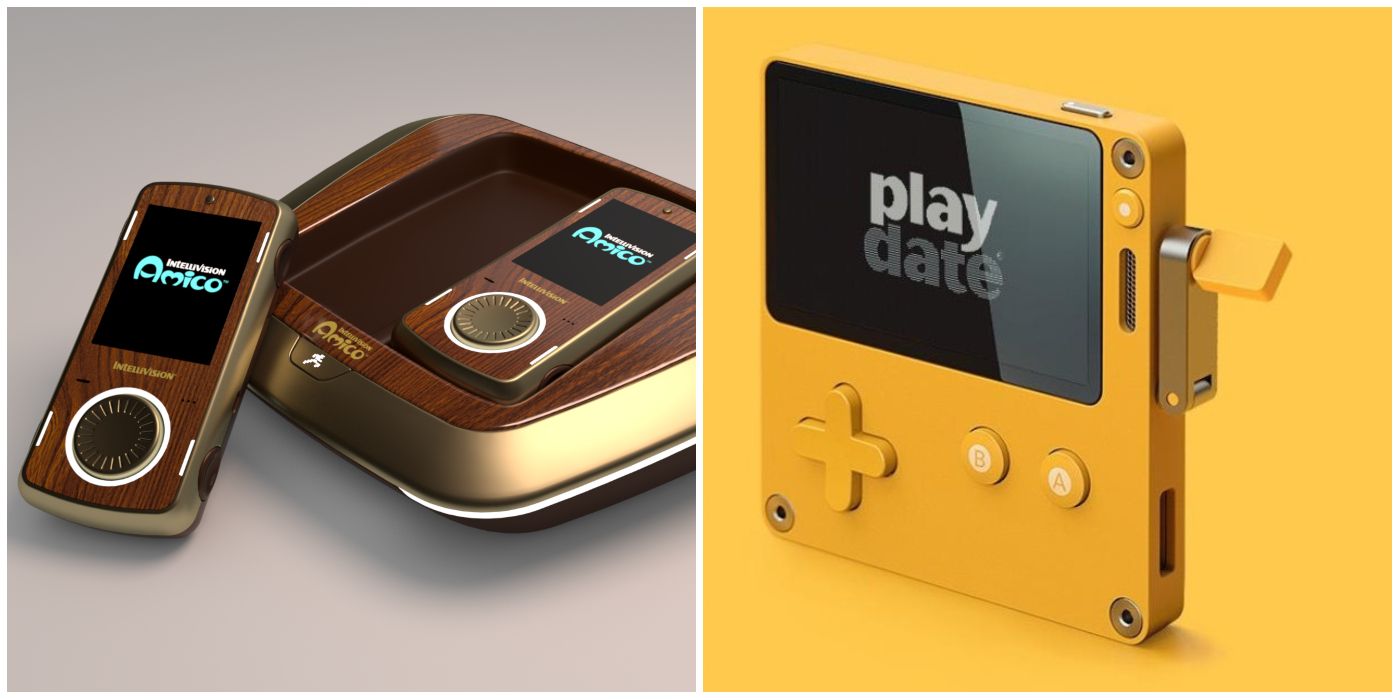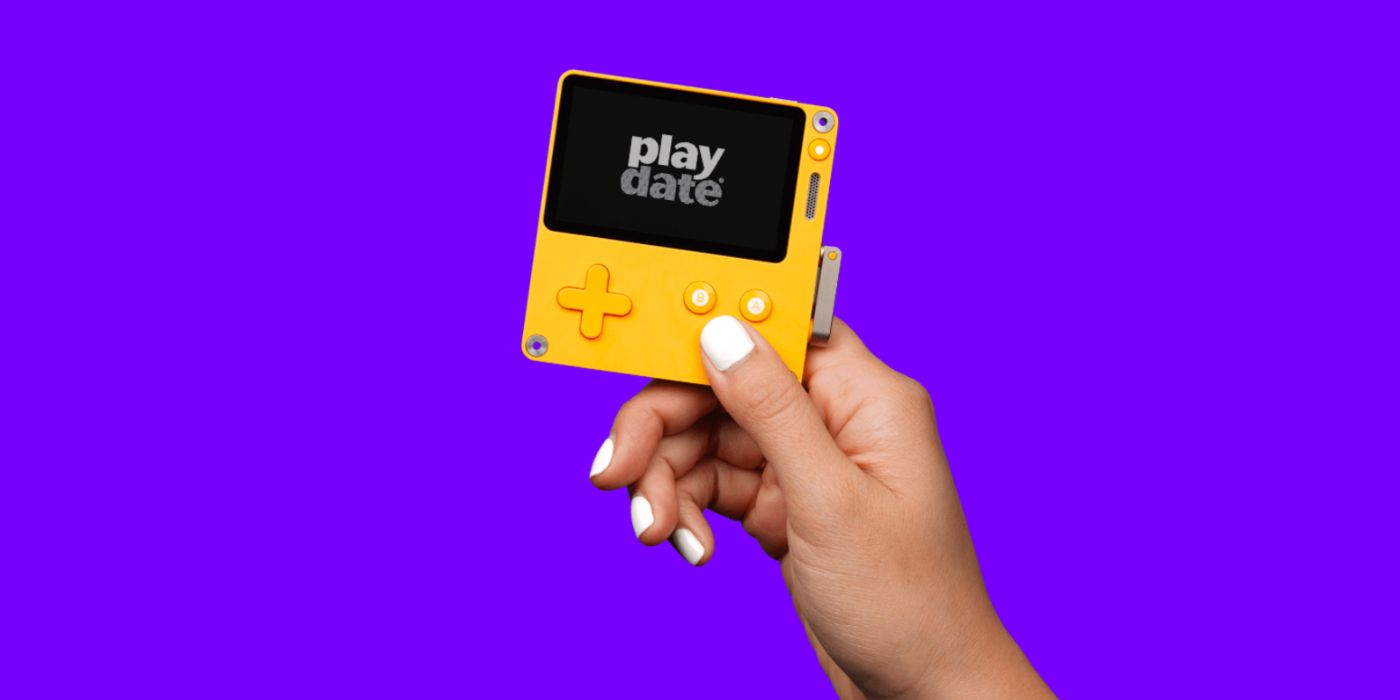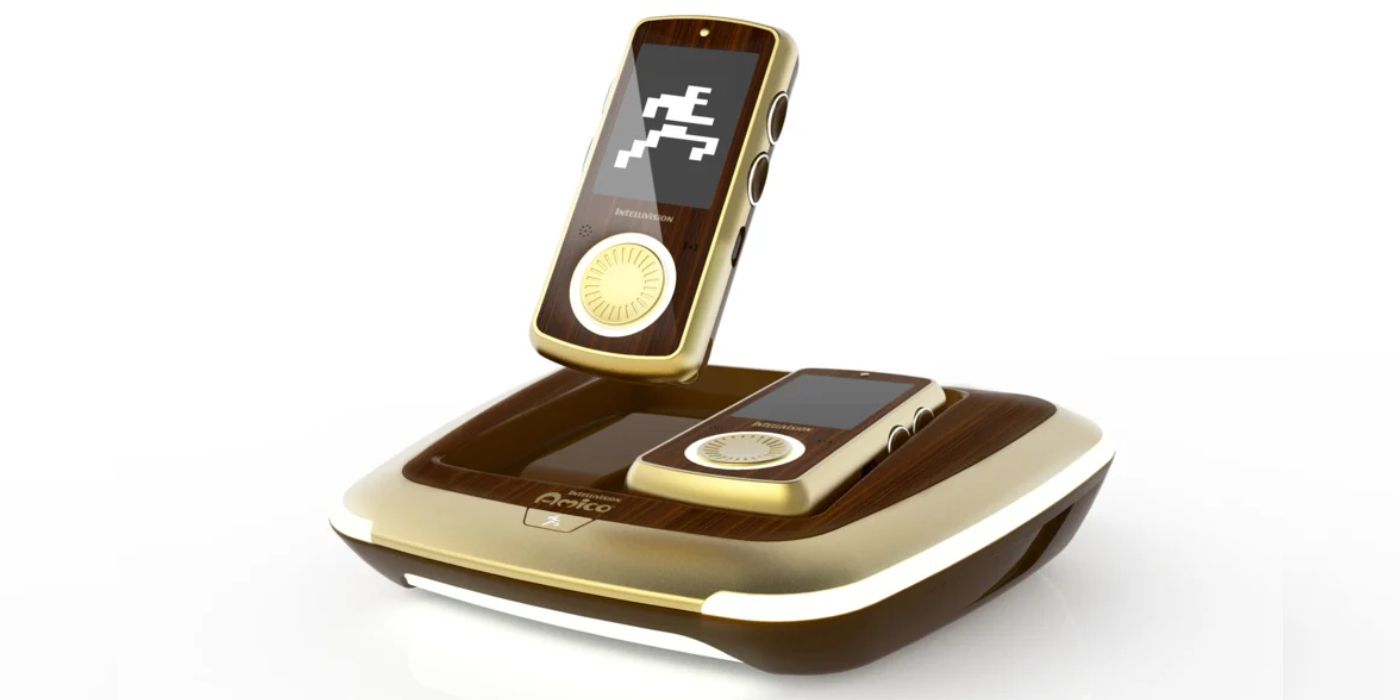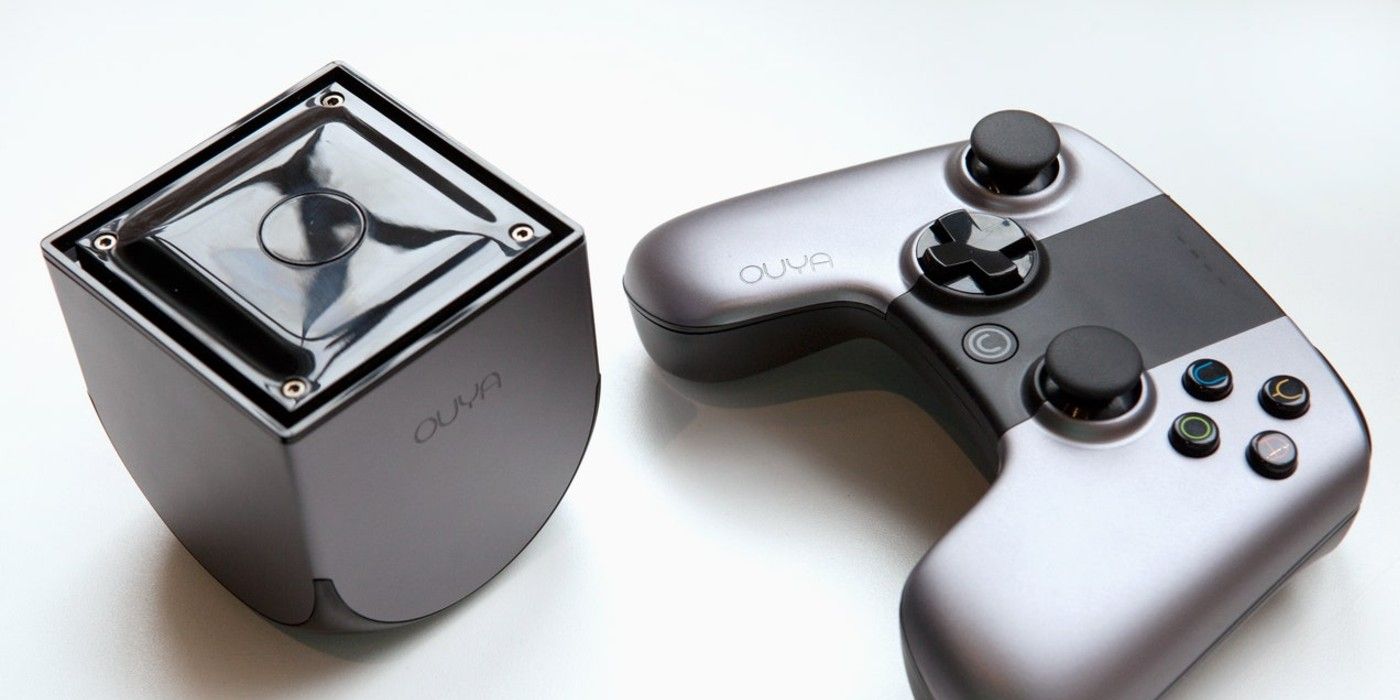While the offbeat Intellivision Amico and Playdate retro consoles have good intentions, with a restoration of simplicity and a focus on 2D games, it is hard to imagine them finding success in the current gaming market. Encouraging couch co-op - in the case of the Amico - and returning to classic-style gaming both have a strong appeal, but numerous games in the home console and mobile space fill those niches, likely making the initial price points of the Amico and Playdate difficult hurdles to overcome. These consoles could find success in their lateral approaches, as they do not attempt to directly compete with Sony or Microsoft's new consoles, but it is more likely they will go the way of the Ouya: well-meaning curiosities that don't make a strong enough case for their worth.
As consumers continue to struggle with the low availability of mainstream Xbox and PlayStation consoles and PC graphics cards, the time might seem ideal for new contenders to enter the console space. The Atari VCS is yet another niche console making its debut shortly, but it takes a different tactic altogether, with its dual function as a gaming console and PC that can run Windows or other operating systems. Atari's novel approach to a console/PC hybrid is also a risky move, but it avoids direct comparison to other systems due to its versatility. Amico and Playdate are both advertised as dedicated gaming devices that leverage unique control schemes and focus on 2D gaming.
While these two consoles could offer welcome new experiences, each faces potential failure for different reasons. The social, family-oriented experience of the Amico and its versatile controller could rekindle the joy of couch-based multiplayer, but such social game gaming is already available on many other platforms. Especially with many popular mobile games already satisfying that market, the Intellivision console will need to make the case for why it deserves a place next to the television. The Playdate, an exactingly engineered portable throwback that combines a new control quirk with an engaging method of delivering games, is unique enough that it is hard to directly compare it to any current or prior gaming device. Still, it will also need to persuade the market that its boutique, designer experience is worth the cost over conventional mobile gaming or investing in legacy portable systems.
Why The Playdate Will Struggle To Succeed
The Playdate is a bright yellow portable console with a design similar to the original Game Boy, with the conspicuous addition of a small crank on the side. It plays games in black and white - even simpler than the Game Boy’s four-color display - and mimics the classic portable’s four-way directional pad and two face buttons. The design is intentionally a minimalist throwback, with the exception of the quirky crank control, but some modern advancements are promised as part of the package, including Bluetooth, Wi-Fi, and an accelerometer. The black and white screen, which is notably not backlit, should include features similar to e-paper, with clear viewing from any angle and in nearly any lighting.
Playdate’s game release format is a unique selling point, as it will release games weekly during its first "season." While the titles for these games have been revealed, each upcoming release is intended to be a secret until the time of its launch. Playdate has courted some notable developers with strong indie game credentials, such as Keita Takahashi, designer of the Katamari Damacy games, and Chuck Jordan, a writer for Curse of Monkey Island and other classic adventure titles.
Playdate's biggest risk comes simply from how much faith it asks of potential buyers. At $179, it is not an investment many consumers can make on a whim, and what it promises is intriguing but difficult to qualify without firsthand experience. For a price close to a Nintendo Switch Lite, Playdate offers the look and feel of the generations-old original Game Boy. A black and white display, a digital d-pad, and two face buttons mandate simplicity in presentation and control, which can be a boon for some games, but it does limit the scope of what buyers can expect. The crank control is another unknown; it could be put to excellent use by clever developers, but there are no major reference points in recent gaming history for consumers to draw comparisons to.
Similarly, the season of surprise game releases is attention-grabbing, but it limits buyers from being able to properly weigh the value of their investment, as they have no idea whether the upcoming titles will fall within their preferred wheelhouse of game styles. Narrowing its already niche target audience by forcing even dedicated retro enthusiasts and hardware aficionados to essentially gamble that the console and its game library will be worth their time and money, Playdate is an unabashedly risky concept.
Why The Intellivision Amico Will Struggle To Succeed
Amico takes a different approach from Playdate, being a home console instead of a portable. Whereas Playdate’s non-crank control scheme is about as classic as it gets, the Amico controller includes nearly every modern control gimmick, like built-in speakers, a touchscreen, haptic feedback, and motion controls, among others. A return to simple, family-oriented couch gaming is a primary goal of Amico, as the Intellivision website states all Amico games will feature "No bad language, graphic violence/blood or sexual content." In essence, the Amico seems to be an attempt to recapture the success of the Wii. The Nintendo console's motion controls were well-received by many non-gamers, giving the Wii a more multi-generational appeal than other systems. The majority of Amico games are expected to be 2D, and its current flagship game is Earthworm Jim 4, developed by veterans from the first two games in the series.
The ideals associated with Amico are largely laudable, but attempting to recreate the success of the Wii is far from realistic. The Wii was a product of its time, carrying the trusted Nintendo name and entering at the beginning of the HD era, when its weaker specs relative to the competition were less obvious. It presented relatively functional motion controls, and simple titles like Wii Sports made it a cultural phenomenon by appealing to an audience unfamiliar with controller or keyboard-and-mouse gaming. Years of Wii games, and its successor, the Wii U, have diminished the market's enthusiasm for motion controls. The novelty waned, and many gamers grew to prefer traditional control schemes over many Wii games' often ham-fisted attempts to make motion controls work where they did not.
By limiting itself to family-friendly games as an edict, Amico also narrows its potential considerably. Many child-friendly games thrived on the Wii, but that was an organic response to the hardware's broad appeal and the associations of the Nintendo brand. The Wii had more versatility, as it could support brutal games like No More Heroes and MadWorld as well as child-friendly titles like Mario Galaxy. Current mainstream consoles still host a variety of family-friendly and couch co-op games. Social games like Among Us and the Jackbox Party series are available on consoles and mobile devices. With prices ranging from $250 to $300, Amico forces consumers to weigh a price close to an original-model Nintendo Switch or an Xbox Series S for a system that will only host a limited library of games, when more familiar gaming alternatives are already readily available on mainstream hardware.
Indie Consoles Have Faced Difficulty Gaining Acceptance
Some great games could come from these consoles' libraries. It is conceivable that Playdate's engineered simplicity, niche appeal, and talented developers could produce seasons of games that justify a purchase or that the Amico could recapture the appeal of the Wii with its simple, family-oriented gaming. But with so many reasonably priced alternatives already available to scratch the old-school gaming itch, it is hard to have faith in these consoles. Just as the Ouya-released TowerFall is now available on a variety of gaming devices, Intellevision Amico's Earthworm Jim 4 and the indie games developed for Playdate might later be ported to more convention platforms, especially if the consoles' sales fall flat. Time will tell, as both are scheduled for release later this year.




